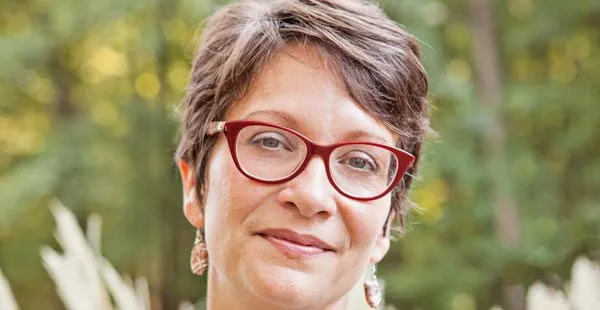Related

Where you can take your Christmas tree for recycling in Henrico
If you have a real Christmas tree, you can recycle it at various drop-off locations across Central Virginia to help protect the environment. Henrico Public Utilities and the Keep Henrico Beautiful Committee are accepting Christmas trees now through Friday, Jan. 9. They will be recycling the trees by converting them
Click here to read more
No injuries reported in Glen Allen townhome fire
A fire damaged two townhomes in Henrico County on Tuesday morning, according to Henrico Fire Assistant Chief Mike Crawford. Fire crews responded to the 500 block of Rivanna Hill Road, just off Telegraph Road in Glen Allen, shortly before 11 a.m. Everyone exited the home safely; no injuries and
Click here to read more
At Henrico town hall, VanValkenburg pushes for a statewide policy that would create more housing
Both Virginia and Henrico County are facing a major housing shortage, and increasing the housing supply is the “ultimate answer,” according to Henrico state senator Schuyler VanValkenburg (D-16th District). At a Dec. 17 town hall held in Henrico by the Hamkae Center – an Asian-American advocacy group based in Virginia – VanValkenburg
Click here to read more
Milestones: Dec. 23, 2025
Andrew Baker of Glen Allen was named to the fall 2025 president’s list at Bob Jones University in South Carolina. To qualify for the president’s list, students must earn a minimum 3.75 grade point average for the semester. Baker is a senior majoring in Business Administration. Luke
Click here to read more
